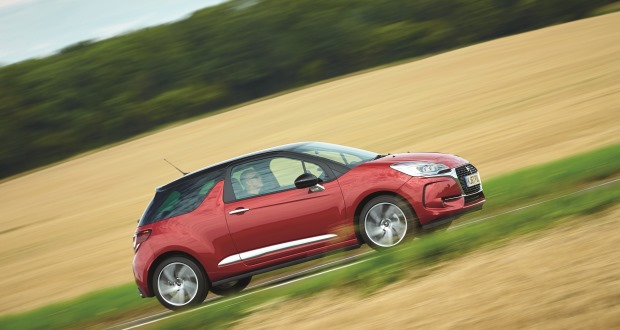
The September plate-change new car market was tough. Consumer confidence was hit, demand for new cars declined and dealers pre-registered cars to meet quarterly targets. New car registrations rose 1.3% to 343,255 units. The SMMT said it was a below-par performance following the -20.5% decline in the same month in 2018, when new emissions regulations and lack of testing capacity across Europe affected supply.
Mike Jones, chairman of ASE, which checks out the financial performance of hundreds of dealers across the UK, said the market was forced towards the end of the month.
“The September new car registrations were disappointing, with the general retail malaise significantly impacting results. Indeed, the increase on the prior year was only achieved as a result of an increase in end-of-month registrations, which were up 15.5%.”
Mike Allen, director of research at Zeus Capital, said the performance was better than expected but only due to pre-registered cars. “It looks better than I would have thought but I suspect it took pre-registration activity to get there,” he said.
Group 1 president and CEO Earl Hesterberg acknowledged the issue of pre-registering but said the UK ‘true’ used car market was strong and marred only by the high percentage of nearly new cars being registered.
“The true used car market in the UK is still surprisingly good. The problem for all of the auto retailers in the UK is a very high percentage of our used vehicle sales are not true used cars. They are nearly new cars. That’s where the challenges are.”
Nearly new cars aside, in the true used car market business continues apace. The September plate-change generated volumes of trade-ins. In the past
a high percentage of these would have gone through auction, but now dealers are holding onto these vehicles to retail through their own dealerships or supermarket businesses.
Motors.co.uk gives a snapshot of how these cars sell with data on the fastest selling used cars on its books in September. It also reveals the slowest selling cars, metal that languishes on forecourts, hitting dealer profitability the longer they take to sell.
Fast selling cars means faster stock-turn and given sound judgment, traditional dealer skills, buying at the right price and pricing correctly can translate into higher profitability.
The fastest selling cars on motors.co.uk in September were the DS3 and Mercedes-Benz GLA Class, both selling in just 35 days while the Suzuki Swift, Volkswagen Golf and Volkswagen Polo sold in 37 days. All Top 20 cars listed sold in under-45 days on the forecourt.
Motors also released data on the slowest selling cars on its platform in September, which takes into account all vehicles from budget to premium. The Vauxhall Viva took 82 days to shift off forecourts while the Nissan Micra was the second slowest to sell, taking 66 days.
For some premium models it proved difficult, with the Mercedes-Benz S Class taking 65 days to sell followed by the Range Rover on 63 days and the Porche 911, which was on sale for 62 days.
The research looked at the fastest selling cars by region. The quickest to shift off forecourts in England was the DS3, in Scotland it was the Volkswgen Tiguan, in Wales the Volkswagen Polo and in Northern Ireland the Fiat 500.
And it took a look at what cars were most in demand in terms of search, when it came to diesel and petrol variants. Despite all the negative sentiment on diesel over the past few years and sliding new car diesel registrations, diesel fueled cars are in demand for consumers looking for excellent fuel economy.
But demand for electric cars is rising inexorably as more models come to market and consumers become less anxious over how far they can go between charging and more confident about the expanding UK charging infrastructure.
 Dermot Kelleher, head of marketing and business intelligence, Motors.co.uk.
Dermot Kelleher, head of marketing and business intelligence, Motors.co.uk.
With the 69-plate having made its debut in September, the focus for many buyers and franchised dealers was inevitably on new cars.
Consequently, as the second largest month of the year for new car registrations, September saw carmakers ramp up their marketing activities to entice buyers. They looked to make up some of the ground lost from the introduction of the WLTP, which had a profound impact on availability and sales.
However, as our monthly Motors.co.uk Market View research revealed, there was no shortage of activity in the used car market. Car supermarkets increased their stock by 12.4% to an average of 723 units, having reduced stocking levels in July and August, as they took advantage of greater price stability in the wholesale market.
With more cars to retail, supermarkets were ideally positioned to compete for the attention of consumers considering their next car. After all, not all new car searches result in a new car purchase.
This illustrates the importance of maximising the opportunities presented by in-market buyers searching for their next car online, not just during the plate-change months but throughout the year.
Supermarkets may have gained some ground in September but top performing independents and franchises will also have looked to maintain an online presence. Regularly updated stock, presented in a transparent manner and with clearly signposted finance offers will resonate no matter what time of year.
